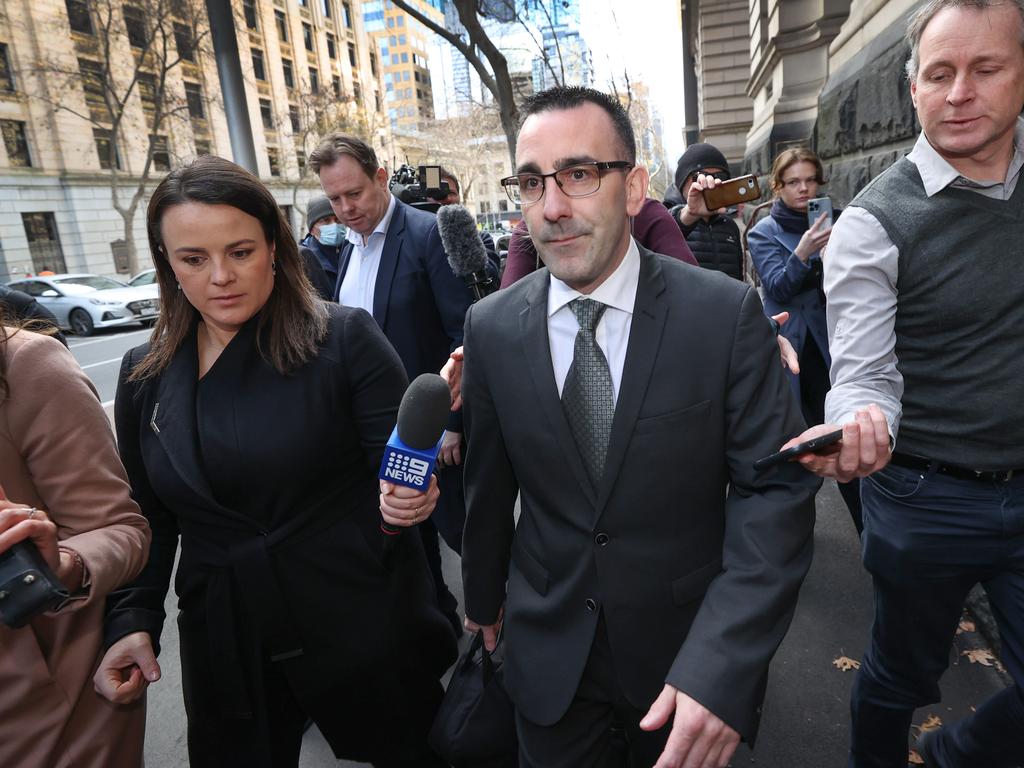In too many cases, justice is left undone



And clearly on Monday, the Supreme Court jury was unimpressed with the way one of the worst acts of violence against officers in Victorian police history was handled.
It is the third conviction to fall in Victoria due to allegations of police misconduct in recent years, with accused getaway driver Faruk Orman and convicted drug trafficker Zlate Cvetanovski freed in the wake of the scandal involving gangland barrister-turned-informer Nicola Gobbo, widely known as Lawyer X.
While a different scenario, the charging of Cardinal George Pell over the cathedral sex abuse charges also attracted condemnation when the High Court freed the former Ballarat priest from jail amid grave questions about the plausibility of the allegations.
It is clear that a grave injustice has been afforded Roberts, who was just 17 at the time the two police were executed.
There is no suggestion that Roberts is a particularly good bloke.
He will face armed robbery charges later this year.
Or that the other man convicted over the murders, prolific killer Bandali Debs, is any good at all.
But it is the way the courts and police systems work that matters most.
One of the key issues Victorian Labor’s critics argue is that for too many years its various governments had been too close to the policing hierarchy.
Or that it sought to extract political gain from providing extra police resources, or that it has stacked its like-minded people in the courts.
Much of these latter claims are probably the stuff of conspiracies.
It’s much more likely that, at times, there has been a lack of leadership and maybe even experience that has fuelled poor decision-making.
In the case of Silk-Miller, never underestimate the emotion surrounding these types of execution murders of serving police.
There would have been enormous pressure on investigators to get a result and to reassure the families and the community that justice was being done.
The irony is that, at least in the case of Roberts, justice wasn’t done.
The case will leave behind bewildered families and friends of the dead and undermine community confidence in a police force that once had a bulletproof reputation.
Not any more.




It’s not that long ago that Victoria Police and maybe even the broader justice system had a well-earned reputation as one of the best in the commonwealth.
Not even the strongest backers of the system in Victoria can ignore the darkness that has infiltrated the force in the past 25 years.
The freeing of Jason Roberts adds another layer of evidence of corner-cutting and poor judgment in the way major cases have been executed.
In 2020, Victoria’s anti-corruption commission found that improper evidentiary and disclosure practices were used by some Victoria Police officers during the Silk-Miller murder investigation.
It found that a number of statements made by important witnesses were never included in the prosecution brief or disclosed in court and months later the Court of Appeal ruled that police misconduct corrupted the fairness of Roberts’ original 2002 trial.